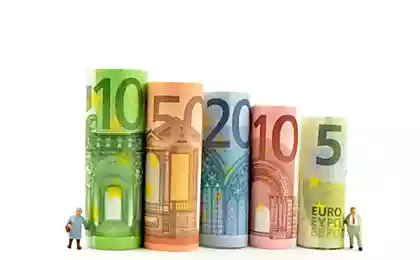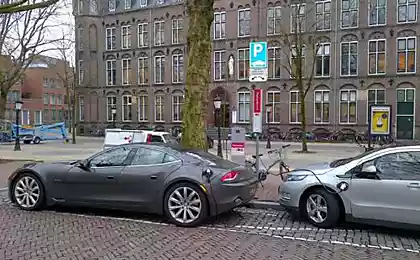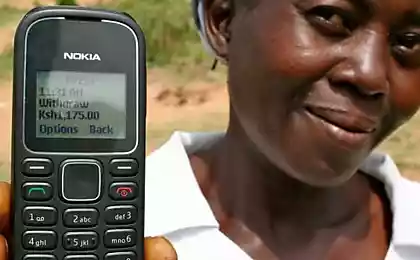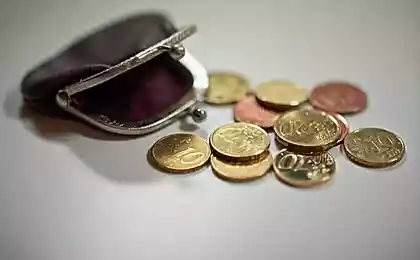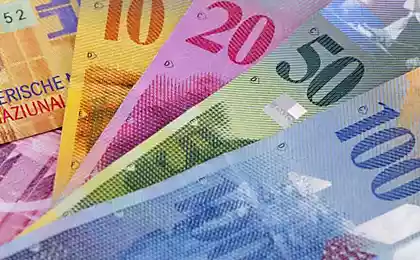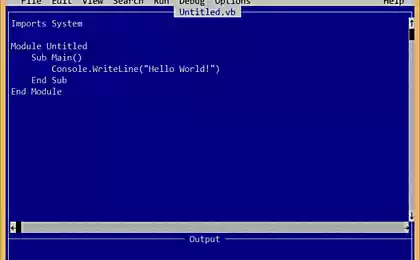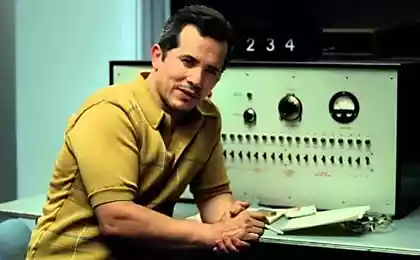1069
In one of the cities in the Netherlands next year will begin the experiment with a basic income citizens

In January 2016 in Utrecht (the Netherlands), the city government together with economists from the local university начнут social experiment . Several dozen people involved in the experiment will receive an unconditional basic income - rather large cash benefits do not depend on their activities.
An unconditional basic income (basic income) - is a social concept, according to which every member of the community regularly paid a certain sum of money. Payments are made by the state or any other institution. Payments are made to all, regardless of income level, without having to do the work.
The earliest model of such a system is considered a model of Thomas Paine, who in his book «Agrarian Justice» (1795) described the government paid a basic income to all persons 21 years or older. For Paine main income means that each person has a share in the total national production.
Participants experiment Utrecht will receive a monthly allowance of € 900 per person (€ 1300 per couple). Different users will exist by different rules, among them will be the control group, for which the results are calibrated.
Critics of basic income claim that a monthly amount that ensures survival, people stop working, spilled. And the streets are filled lounging idlers. But this theory refuted by numerous experiments that have already been successfully carried out in many countries.
Manage projects Nenke Horst said that the experiment should refute the theory of the critics. She herself is optimistic. In her opinion, the possibility of an unconditional income only remove excess stress to people and make them a little happier, and at the same time whacks the desire to seek work. According to her information, such practices allow men to get a better education for women - to take a long leave to care for children.
In 2011, the Canadian province of Manitoba, a similar experiment under the name & quot; Mincome & quot; (Minimal income) showed a slight decrease in the labor market, thus significantly raise the quality of education and health.
In Namibia, a two-year experiment 2008-2009, led to the reduction of poverty, an increase in economic activity, the decline in crime, improving school enrollment and child health in connection with the proper nutrition.
In India in 2010, результате this experiment grown economic activity, improve the housing and sanitary conditions, nutrition, health, school attendance,
In general, the experiments showed a positive effect. In many European countries, there are parties and movements that promote this practice and agitate for its widespread introduction.
In his works Remarque lamented that humanity has reached unprecedented heights in the art and technology can not solve the underlying problem such as sufficient food and shelter for all inhabitants of the planet. Looking at the economic crises shaking the planet caused by the imperfection of the current financial systems inevitably begin to think of a more humane and convenient system of income distribution. Did any of the options unconditional basic income in the future will be the basis of a new, better world, which is easier and more pleasant to live.
Source: geektimes.ru/post/252952/
The hydrogen car Toyota Mirai passes more than 500 km on one filling
The American company Sealed Air has released a film with bubbles, which do not burst
